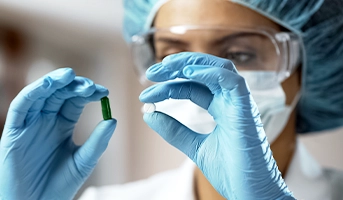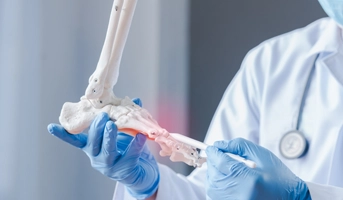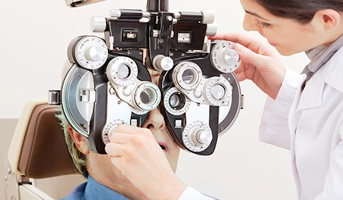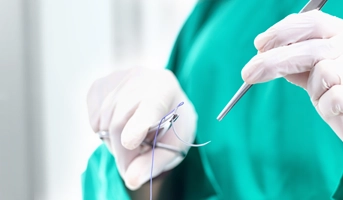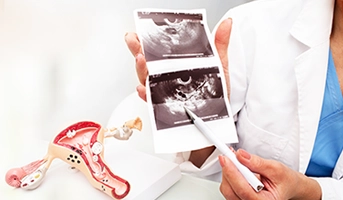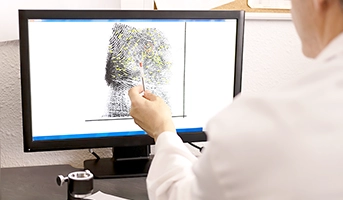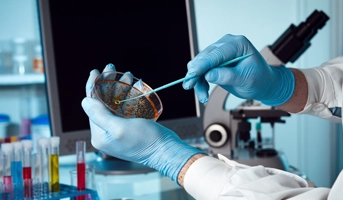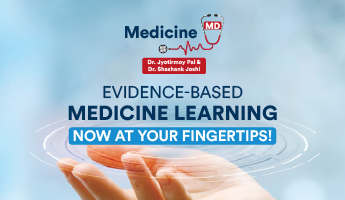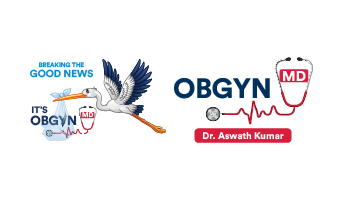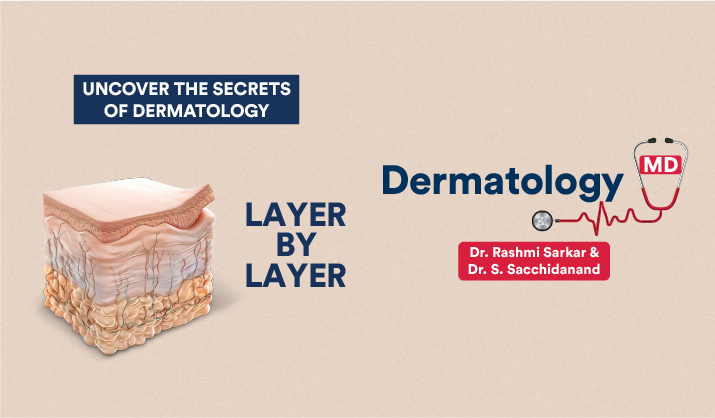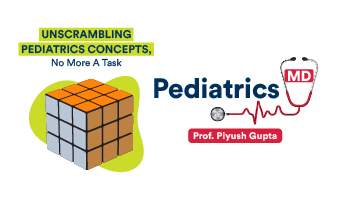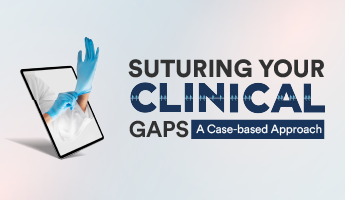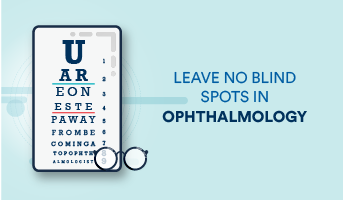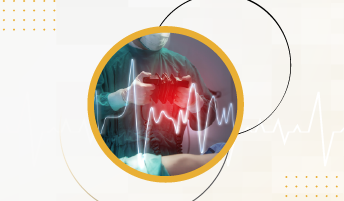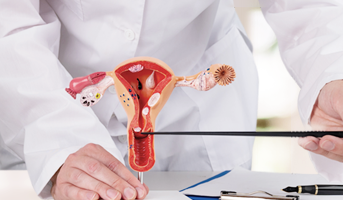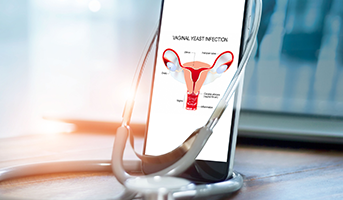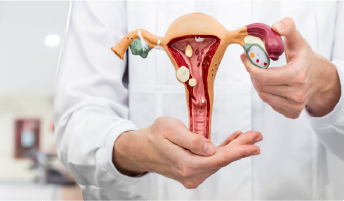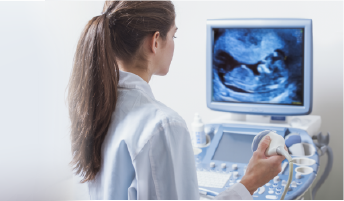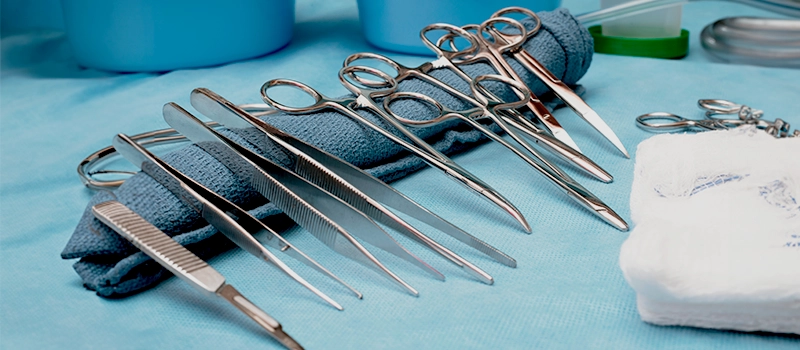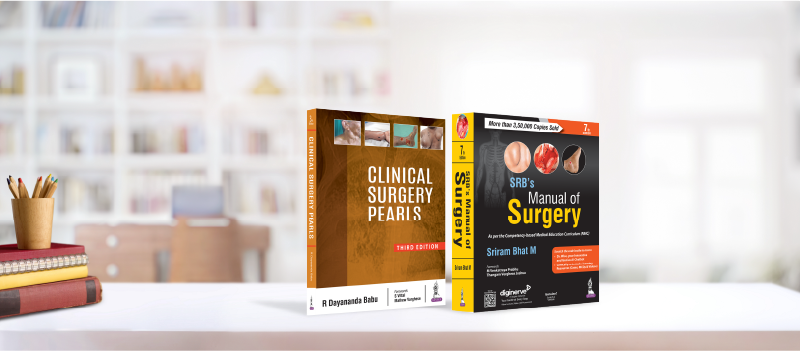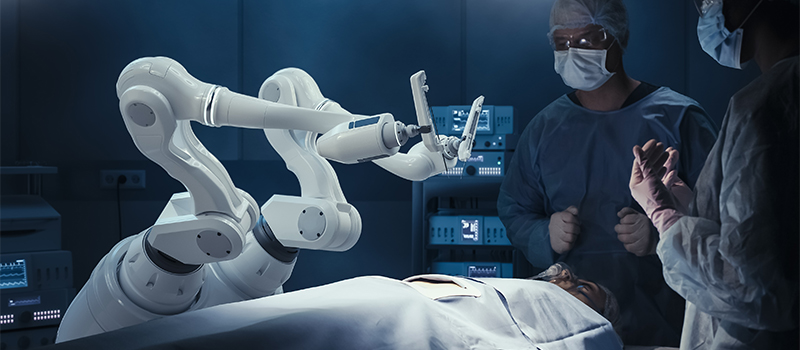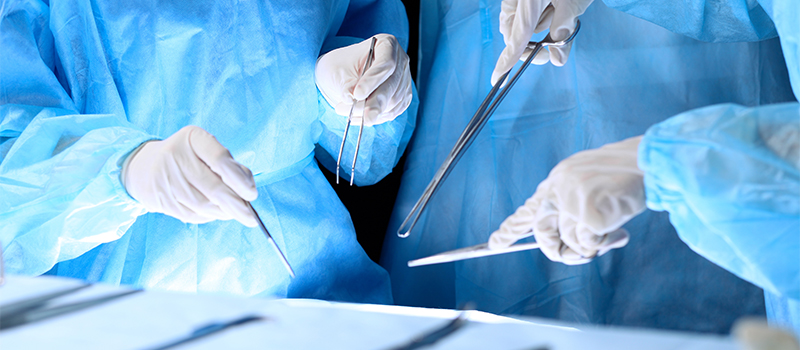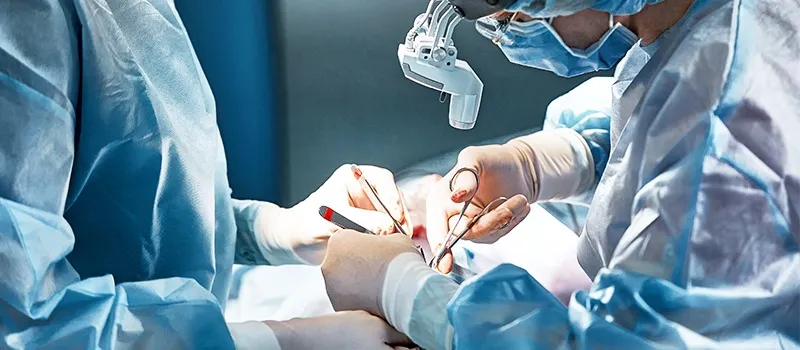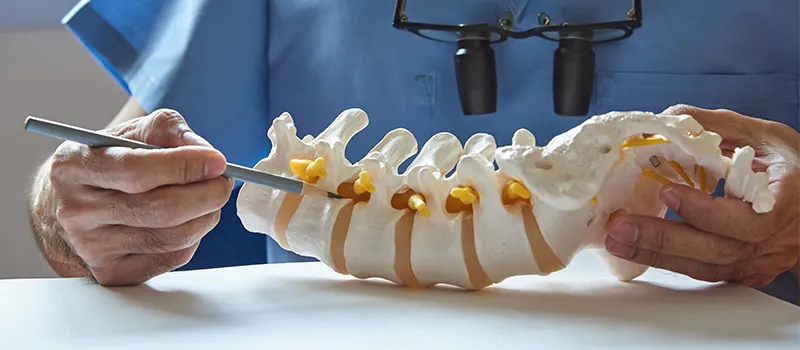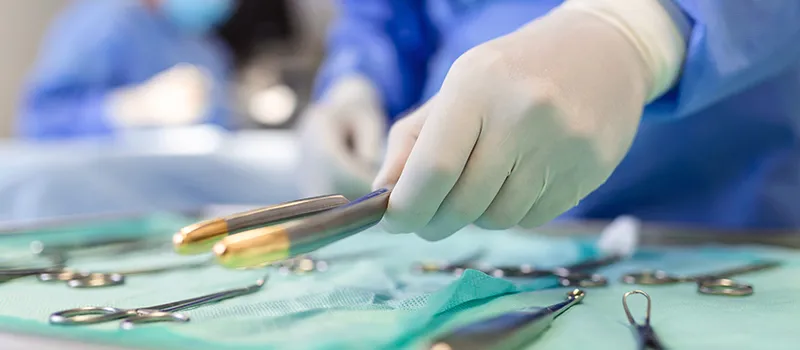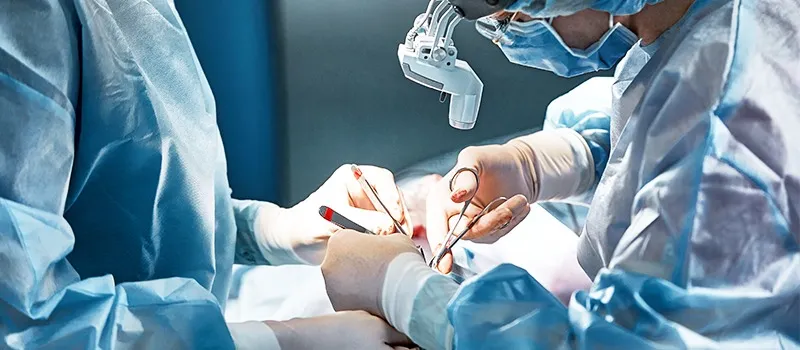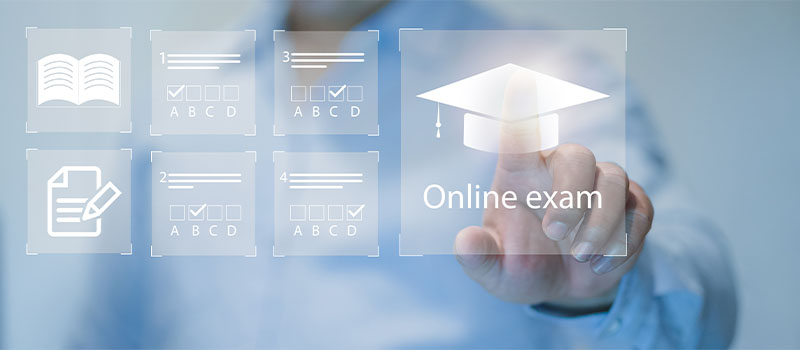

The Ultimate Guide to MRCS Part A Exam
Membership of the Royal Colleges of Surgeons (MRCS) is an intercollegiate exam conducted to assess the clinical competency, knowledge, and experience that trainees should have by the completion of their basic surgical training. The exam is designed to evaluate prospective surgeons across a wide range of surgical problems, not simply the specialty they intend to pursue.
The most important benefit of passing the MRCS Exam is that a passing score on the MRCS test allows a student enrolled in the Intercollegiate Surgical Curriculum Programme (ISCP) to advance to further specialised training, as well as membership in one of the four Surgical Royal Colleges in the UK and Ireland.
The four Surgical Royal Colleges in the UK and Ireland jointly oversee the intercollegiate MRCS and DO-HNS exams. On behalf of the colleges, the Intercollegiate Committee for Basic Surgical Examinations (ICBSE) creates, updates, and verifies MRCS and DO-HNS.
The four Royal Colleges are:
- The Royal College of Surgeons of Edinburgh
- The Royal College of Surgeons of England
- The Royal College of Physicians and Surgeons of Glasgow
- The Royal College of Surgeons of Ireland
The MRCS exam has two parts:
Part A: Written Exam
Part B: Objective Structured Clinical Examination (OSCE)
Let’s delve into the details of the MRCS Part A exam.
Intercollegiate MRCS Part A Examination
The intercollegiate MRCS Part A is a written examination and is a first step towards your journey of getting membership of the Royal College of Surgeons. Part A comprises two papers.
Eligibility
The following are the eligibility criteria for taking the MRCS Part A exam:
- You must have completed your General Medical Qualification or equivalent degree from a recognized college or university.
- You must have the UK General Medical Council or Medical Council in Ireland accepted medical degree for full or provisional registration.
- First-time applicants must email their general medical degree original certificate acceptable to the councils of four colleges to get the registration number. You can email at SurgicalEligibility@rcseng.ac.uk.
- If you are a first-time MRCS applicant, then you are required to provide your valid GMC UK or Medical Council (Ireland) registration number as a part of the booking process.
- If you have already taken an MRCS exam for any of the four colleges, you need not register with the GMC UK or Medical Council (Ireland) again.
- You can only go to Part B after passing the Part A exam.
Exam Format
The Intercollegiate MRCS Part A comprises two papers of five-hour duration in total. The papers include the fundamental information required in each of the nine specializations as well as applied and general surgical sciences knowledge.
MRCS Part A is a computer-based exam with objective-type questions. There will be five possible answers from which you have to choose one single best answer. The exam comprises both Single best answers (SBAs) and Extended matching MCQs (EMQs). Both parts of the examination will be conducted in English. The standard used for setting the exam paper is the An off method.
MRCS Part A Exam Scheme:
Paper 1:
- The duration of the AM exam is three hours.
- It comprises MCQs on Applied Basic Sciences.
- The total number of questions is 180 questions.
Paper 2:
- The duration of the PM exam is two hours.
- It comprises MCQs from Principles of Surgery in General.
- The total number of questions is 120 questions.
The best thing is that there is no negative marking and there will be a break between both papers.
Exam Date
You can only apply to one Royal College of Surgeons at a time. You will not be reimbursed for the cost of each subsequent application if you book exams at more than one of the four colleges in the same sitting.
The upcoming MRCS PART A exam is scheduled for 9th January 2024.
The table below mentions the MRCS Part A 2024 exam date and details:
| Exam Date | Fee | Application Closing Date | Result Release Date (Tentative) |
| 9 January 2024 | £578 | 19 October 2023 | 9 February 2024 |
| 7 May 2024 | £578 | 15 February 2024 | 7 May 2024 |
Steps to Book an MRCS Exam
The following are the steps to book an MRCS exam Part A:
Step 1:Visit the official website of the Royal College of Surgeons (https://www.rcseng.ac.uk/).
Step 2:In the ‘Education & Exam’ section, go to the browse ‘Surgical Exam Option’ and then choose ‘Intercollegiate MRCS Part A’.
Step 3:Go to the ‘Booking Options’ in the Education & Exam section.
Step 4:In the booking options, you will come across upcoming exam dates with other details (both for UK and Ireland exam centres and International Centres). To book acentre in India, you need to select International Exam in Asia region.
Step 5:Click on the ‘Book Online’ option available alongside the exam date.
Step 6:Then, continue to the booking option and sign up by filling in your details.
Step 7:Your online account with ID and password will be created.
Step 8:Fill out the complete application form. Then pay according to the country and Pearson VUE exam centre chosen.
Apart from the above-mentioned steps, you can also book the MRCS exam by taking the following steps:
Step 1:Go to the website of the particular Royal College of Surgeons you wish to book an MRCS exam for.
Step 2: Register and create your online account of the respective college by filling in your details.
Step 3:Your ID and password will be generated.
Step 4:After registration, the schedule for the booking window will be shared with you by email.
Step 5:You will get an opportunity to schedule, reschedule, or cancel your test centre seat during the available booking slot.
Step 6:Remember that seat and centre allocation is done on a first come first serve basis.
Step 7:Fill out the complete application form and pay the exam fee according to the selected country and Pearson VUE exam centre.
Number of Attempts
You have a chance to attempt the MRCS exam Part A six times. There is a possibility that one additional attempt may be granted under the Additional Attempt Policy.
Syllabus
The MRCS Part A syllabus is categorised into 10 modules:
| Module Number | Module |
| 1 | Basic science knowledge relevant to surgical practice |
| 2 | Common surgical conditions |
| 3 | Basic surgical skills |
| 4 | Assessment and management of the surgical patient |
| 5 | Perioperative care of the surgical patient |
| 6 | Assessment and early treatment of the patient with trauma |
| 7 | Surgical care of the pediatric patient |
| 8 | Management of the dying patient |
| 9 | Organ and tissue transplantation |
| 10 | Professional behaviour and leadership skills |
Blueprint of MRCS Part A Exam
Paper 1: Applied Basic Sciences (180 Questions)
| Topics | Number of Questions |
| Applied Surgical Anatomy | |
| Regional Anatomy | |
| Thorax | 6 |
| Abdomen | 15 |
| Pelvis | 4 |
| Perineum | 2 |
| Limbs | 15 |
| Spine | 3 |
| Head &neck | 10 |
| Brain | 6 |
| Autonomic nervous system | 2 |
| Surgically related embryology and development (Thorax, perineum, head &neck) | 8 |
| Surface and imaging anatomy (Head and neck) | 4 |
| Applied Surgical Physiology | |
| General physiological principles | 15 |
| Cardiovascular system | 5 |
| Respiratory system | 5 |
| Gastrointestinal system | 5 |
| Urinary system | 5 |
| Endocrine system | 5 |
| Neurological system | 5 |
| Applied Surgical Pathology | |
| General pathological principles | 9 |
| Surgical immunology | 2 |
| Surgical haematology | 2 |
| Surgical clinical chemistry | 2 |
| Principles of neoplasia & oncology | 2 |
| Cardiovascular system | 2 |
| Respiratory system | 2 |
| Digestive system | 2 |
| Genitourinary system | 2 |
| Central and peripheral neurological systems | 2 |
| Skin cancer | 2 |
| Lymphoreticular system | 2 |
| Musculoskeletal system | 2 |
| Pathology of the breast | 2 |
| Pathology of the endocrine glands | 2 |
| Pharmacology as applied to surgical practice | 8 |
| Microbiology as applied to surgical practice | 7 |
| Imaging | 5 |
| Data interpretation and audit | 3 |
Paper 2: Principles of Surgery in General (120 Questions)
| Topics | Number of Questions |
| Common congenital and acquired surgical conditions | |
| Gastrointestinal disease | 7 |
| Breast disease | 3 |
| Vascular disease | 4 |
| Cardiovascular & pulmonary disease | 4 |
| Genitourinary disease | 4 |
| Orthopaedic conditions | 7 |
| Diseases of skin, head & neck | 4 |
| Neurology and Neurosurgery | 2 |
| Endocrine disease | 4 |
| Lymphoreticular system | 2 |
| Principles of cancer therapy and palliative care | 2 |
| Acute emergencies | 2 |
| Perioperative management | |
| Perioperative assessment & management | 7 |
| Intraoperative care | 5 |
| Perioperative care | 2 |
| Postoperative care | 8 |
| Nutrition management | 2 |
| Haemostasis & blood products | 3 |
| Coagulation, deep vein thrombosis & embolism | 3 |
| Metabolic & endocrine disorders | 5 |
| Assessment and management of patients with trauma (including multiple injured patients) | |
| General | 4 |
| Shock | 2 |
| Wounds & soft tissue injuries | 4 |
| Burns | 2 |
| Fractures & dislocations | 8 |
| Organ-specific trauma | 10 |
| Surgical care of children | 7 |
| Medico-legal aspects of surgical practice | 3 |
Things to Remember for Exam Day
Make sure you reach 30 minutes before the scheduled examination time.
Make sure to carry the following to get admitted into the exam centre:
- One original (no photocopies) and valid (unexpired) ID that includes your name, photograph, and signature (name must exactly match with the name on the ID brought on test day).
- Valid passport from your country of citizenship, or an alternative qualifying photographic ID from the country in which you are going to take a Pearson VUE exam.
Result
The results will be accessible around a month after the examination date. You will also get a ‘Candidate Feedback Form’ after the completion of the exam. The results are published on the ‘My Account’ page of the official website. You just need to log into your ‘my account’ with your username (your email address) and password to check your results.
Enroll in the Surgery MS Online Course to Learn about Surgical Conditions and Management Procedures.
Related post
Related Courses
Cosmetic Botulinum Toxin Simplified
Dr Rasya Dixit , Dr Urmila Nischal , Dr K. C Nisch...
Critical Care Simplified
Dr Yatin Mehta , Dr Subhal Dixit , Dr Kapil G. Zir...
Advance Course in Ultrasound and Infertility
Dr Sonal Panchal , Dr Chaitanya Nagori
Ganga Videos on Spine Surgery
Prof Rajasekaran Shanmuganathan , Dr Ajoy Prasad S...
Pathology for UnderGrads
Prof Harsh Mohan , Prof Ramadas Nayak , Dr Debasis...
Microbiology for UnderGrads
Dr Apurba S Sastry , Dr Sandhya Bhat , Dr Deepashr...

